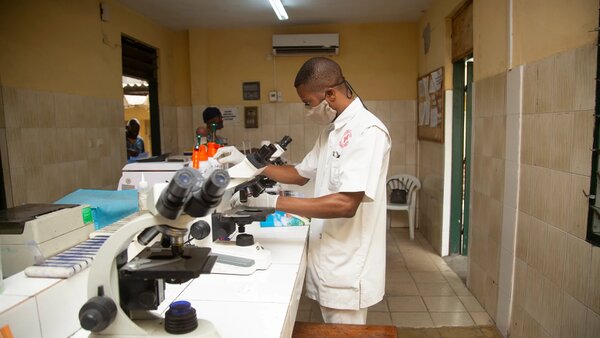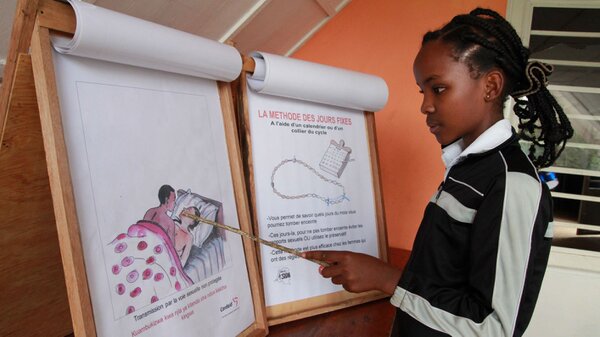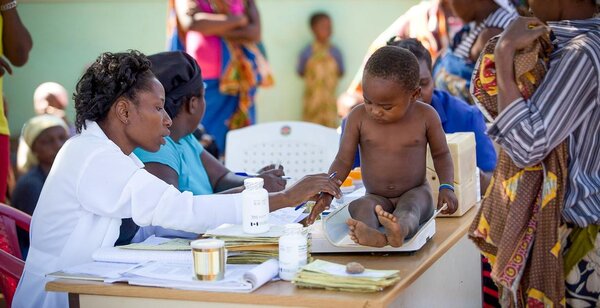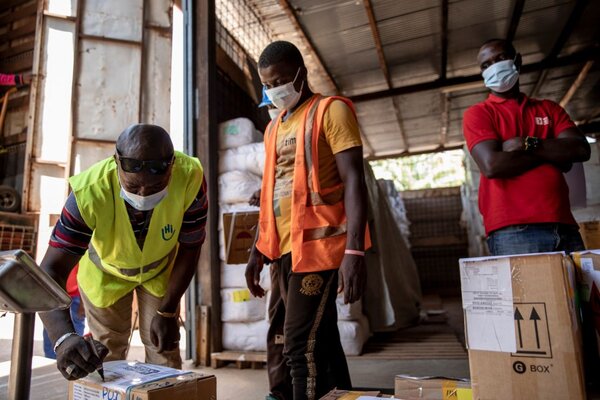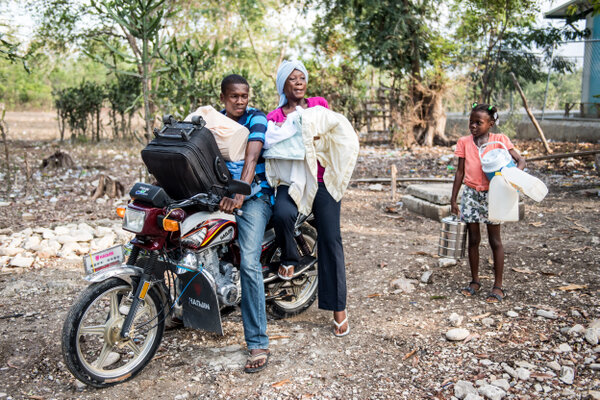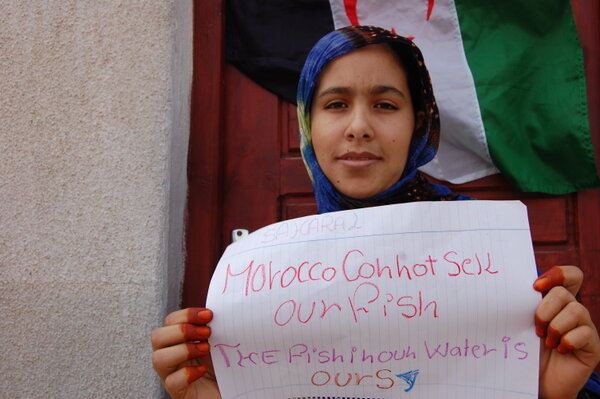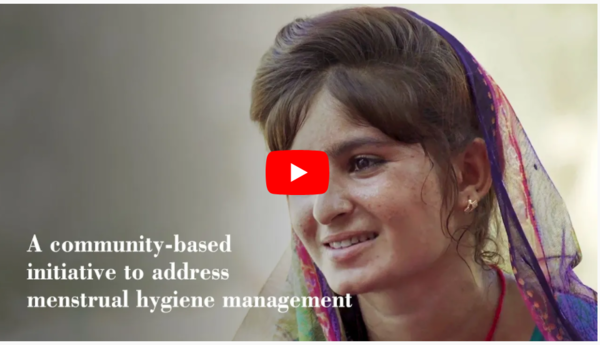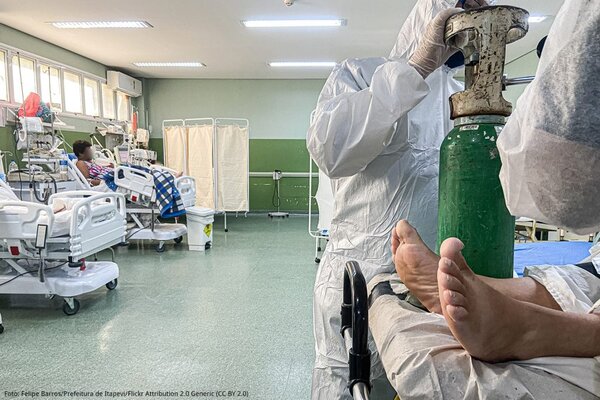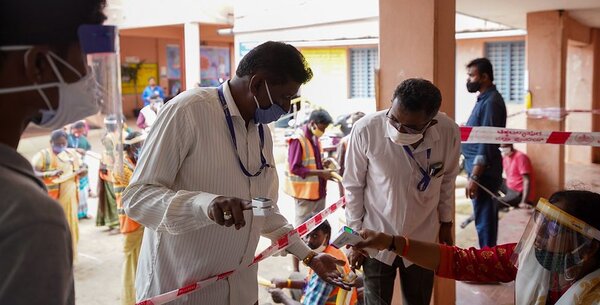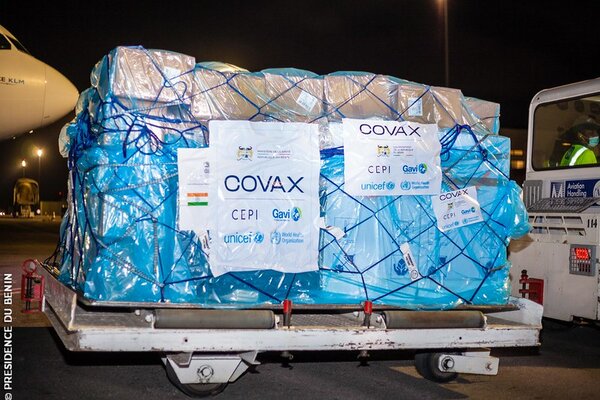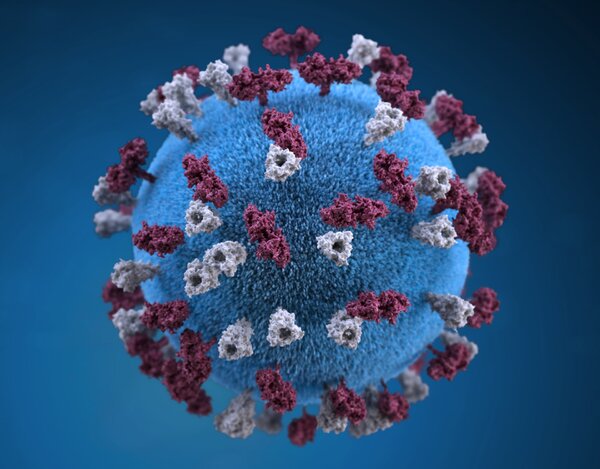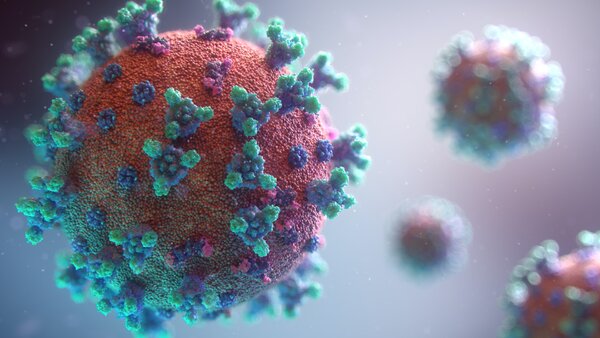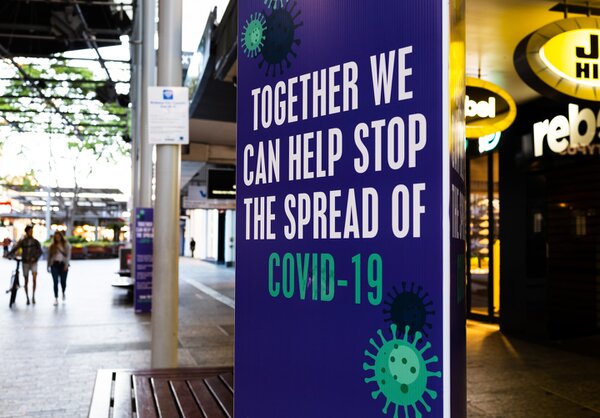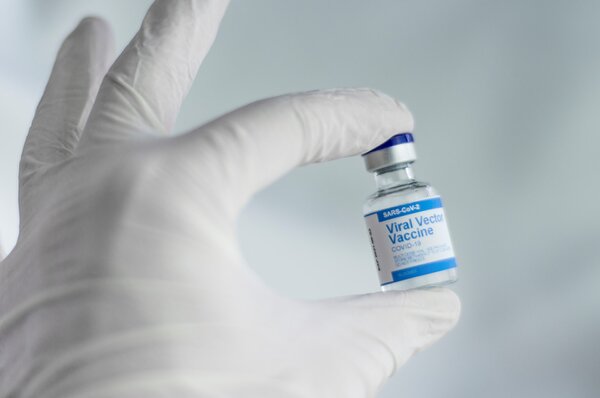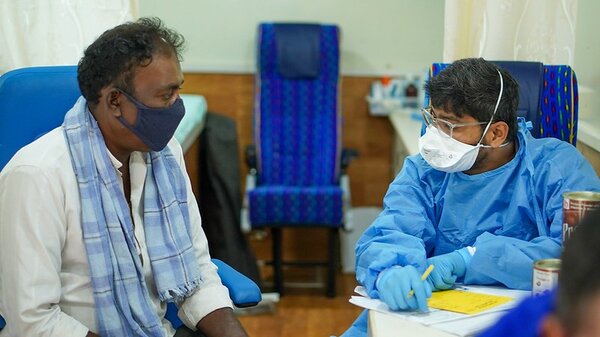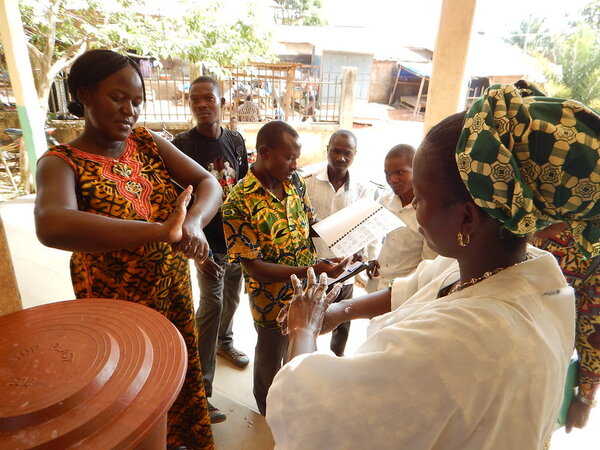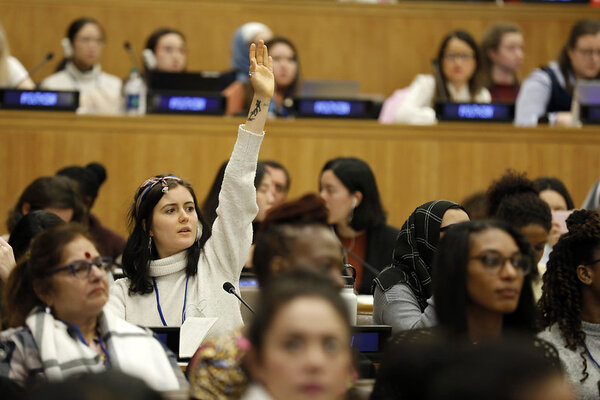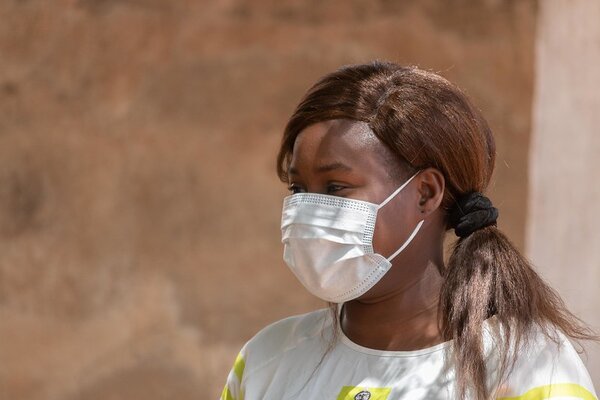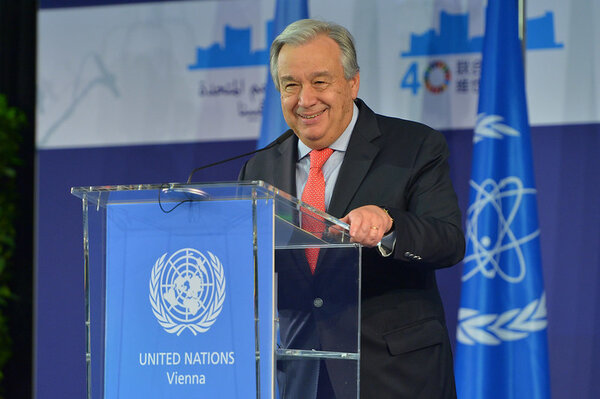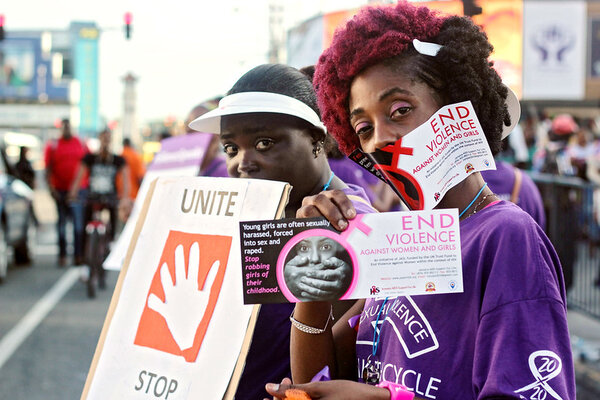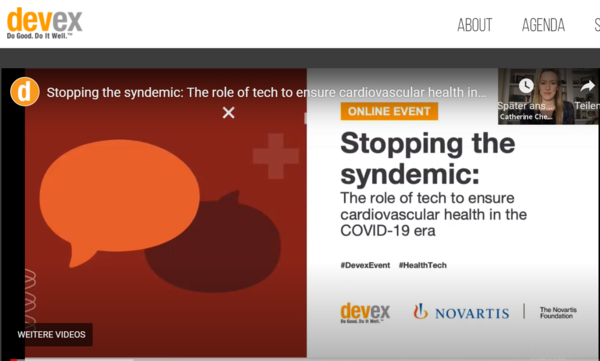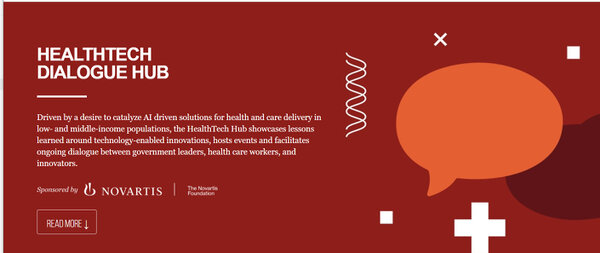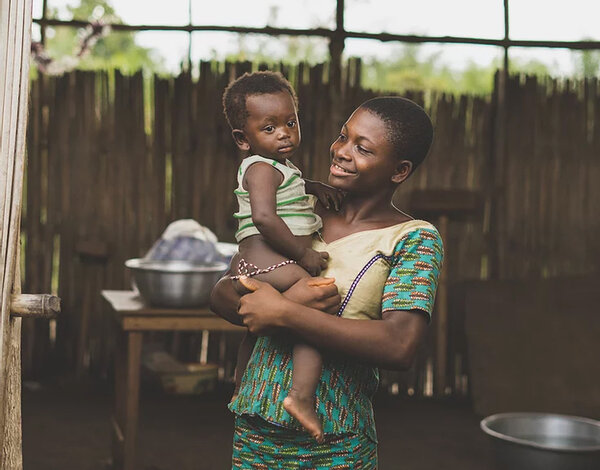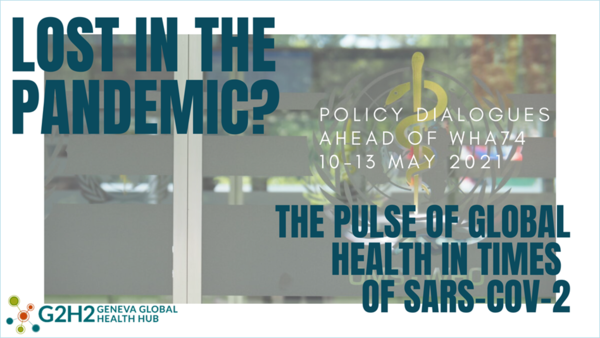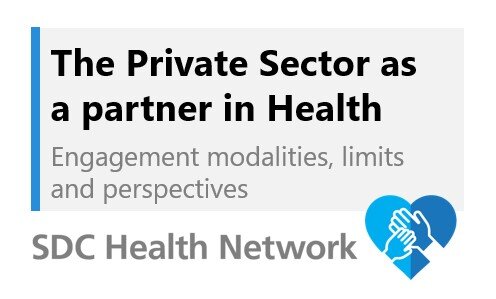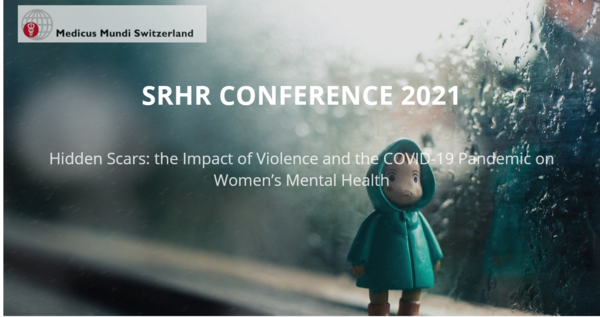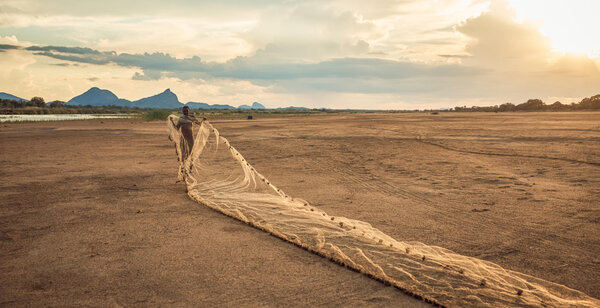La communauté mondiale n’a plus que dix ans pour atteindre les objectifs de l’Agenda 2030 des Nations Unies. Et il est déjà clair que la pandémie actuelle ne facilitera pas la réalisation des objectifs. Mais tant la pandémie que la crise climatique montrent l’importance du plan global des objectifs de développement durable pour sortir le monde du désordre actuel.
La justice distributive au premier plan
Le mercredi 5 mai 2021, les quelque 50 membres de la société civile de la Plateforme Agenda 2030 se réuniront pour leur assemblée générale annuelle. Le processus stratégique qui s’y déroule révèle à quel point l’engagement commun en faveur de l’Agenda 2030 est très pertinent en Suisse. L’augmentation mondiale des inégalités et de l’injustice, qui a également été provoquée par la pandémie, soulève la question de savoir comment nous pouvons parvenir à une justice distributive. Qu’il s’agisse des doses de vaccin, des possibilités de participation à la vie économique ou de la répartition équitable des charges créées par et dans la lutte contre la crise climatique, la politique doit agir de manière responsable pour garantir l’accès de tous aux droits fondamentaux. Le grand espoir réside dans le haut degré de mobilisation sociale qui trouve son expression dans les mouvements pour le climat, des femmes ou Black Lives Matter.
Les cantons et les communes se mobilisent
Dans ce contexte, un engagement renouvelé et accru en faveur de l’Agenda 2030 est nécessaire. La société civile suisse est bien placée et prête pour cela. En revanche, si l’on regarde du côté du Conseil fédéral, on craint qu’il ne soit plutôt réticent à donner à l’Agenda 2030 l’importance nécessaire. Le projet de stratégie de développement durable en témoigne et a été par conséquent rejeté lors de la consultation.
Dans le même temps - et c’est très encourageant - l’Agenda 2030 progresse dans les cantons et les communes. Ils ont reconnu que l’agenda mondial forme définitivement un cadre pour orienter les processus politiques selon les trois dimensions de durabilité de l’économie, de l’écologie et des affaires sociales - y compris aux niveaux régional et communal.
Le Réseau Medicus Mundi Suisse reconnaît déjà depuis longtemps l’importance de l’Agenda 2030 pour que la santé puisse être atteinte pour tous. C’est pourquoi il est également impliqué dans la plateforme de la société civile Agenda 2030 avec un grand nombre de ses organisations membres.
Martin Leschhorn Strebel
Secrétaire général MMS et membre du comité de la Plateforme Agenda 2030
E-Mail



